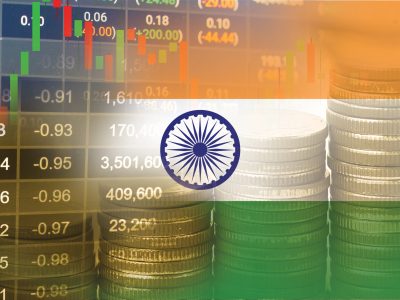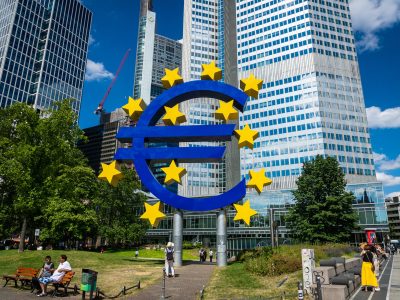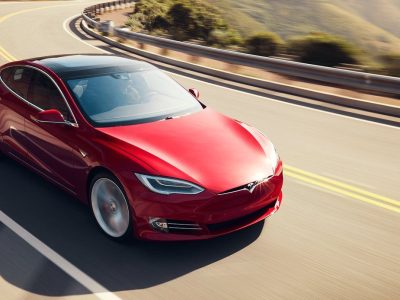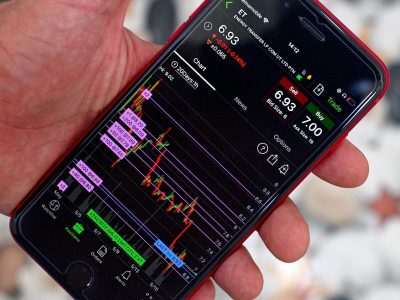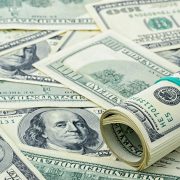
The US economy could be on course for a “soft landing” following the Federal Reserve’s recent 50-basis-point rate cut, according to Denis Coleman, Chief Financial Officer of Goldman Sachs.
While concerns linger about a potential recession, especially in light of historical trends, Coleman believes that the reduced cost of capital will boost confidence and market activity heading into the end of the year, possibly averting an economic downturn.
Will the Fed’s rate cuts prevent a recession?
Last week, the Federal Reserve made its first rate cut in four years, bringing its benchmark interest rate down to a range of 4.75% to 5.0%.
In an interview with CNBC, Coleman described the move as a “clear signal” of a shift in monetary policy.
He believes the lower rates will help alleviate backlogs and stimulate strategic investments, potentially steering the US economy away from a recession in 2025.
According to Coleman, key economic indicators are pointing toward a soft landing.
Inflation is easing, unemployment remains manageable, and the Federal Open Market Committee (FOMC) has indicated that another 50-basis-point rate cut is expected by year-end.
This combination of factors could stabilize the economy, making a severe downturn less likely.
In August, the Consumer Price Index (CPI) aligned with Dow Jones estimates, and the economy added 142,000 nonfarm payrolls, a significant jump from July’s 89,000, according to data from the Bureau of Labor Statistics.
Skepticism from JPMorgan’s Jamie Dimon
Despite Coleman’s optimism, JPMorgan Chase CEO Jamie Dimon isn’t as confident about the near-term outlook for the US economy.
In an interview with CNBC, Dimon acknowledged his long-term optimism but voiced concerns about market sentiment.
He suggested that markets might be overly optimistic, cautioning that the current economic conditions are not as rosy as some believe.
“Markets are pricing things like they’re going to be great,” Dimon said. “Put me on the cautious side of that one.”
His caution is reflected in recent market performance, with concerns about a potential slowdown weighing heavily on big-cap technology stocks.
Dimon’s skepticism underscores the uncertainty surrounding the Federal Reserve’s rate-cut strategy and its ability to stave off a recession.
Kenny Polcari, Chief Market Strategist at SlateStone Wealth, echoes Dimon’s cautious approach.
He advises investors to reduce their exposure to technology stocks and focus on more stable sectors such as financials, consumer staples, utilities, and high-dividend stocks.
Polcari singled out Energy Transfer as a “perfect stock” to own in the current macroeconomic environment, given its stability and strong dividend yield.
What’s next for the US economy?
As the Federal Reserve continues its efforts to tame inflation and sustain economic growth, the debate over whether the US will experience a soft landing or a recession remains unresolved.
While Goldman Sachs’ Denis Coleman is confident that the recent rate cuts will encourage investment and market stability, JPMorgan’s Jamie Dimon urges caution, highlighting potential risks that could lead to an economic slowdown.
Investors, meanwhile, are watching closely as market conditions evolve, with many adopting a more conservative approach to portfolio management.
As 2025 approaches, the direction of the US economy will hinge on how well these rate cuts balance growth and inflation control.
The post Soft landing or recession? Experts weigh in on the future of US economy appeared first on Invezz


